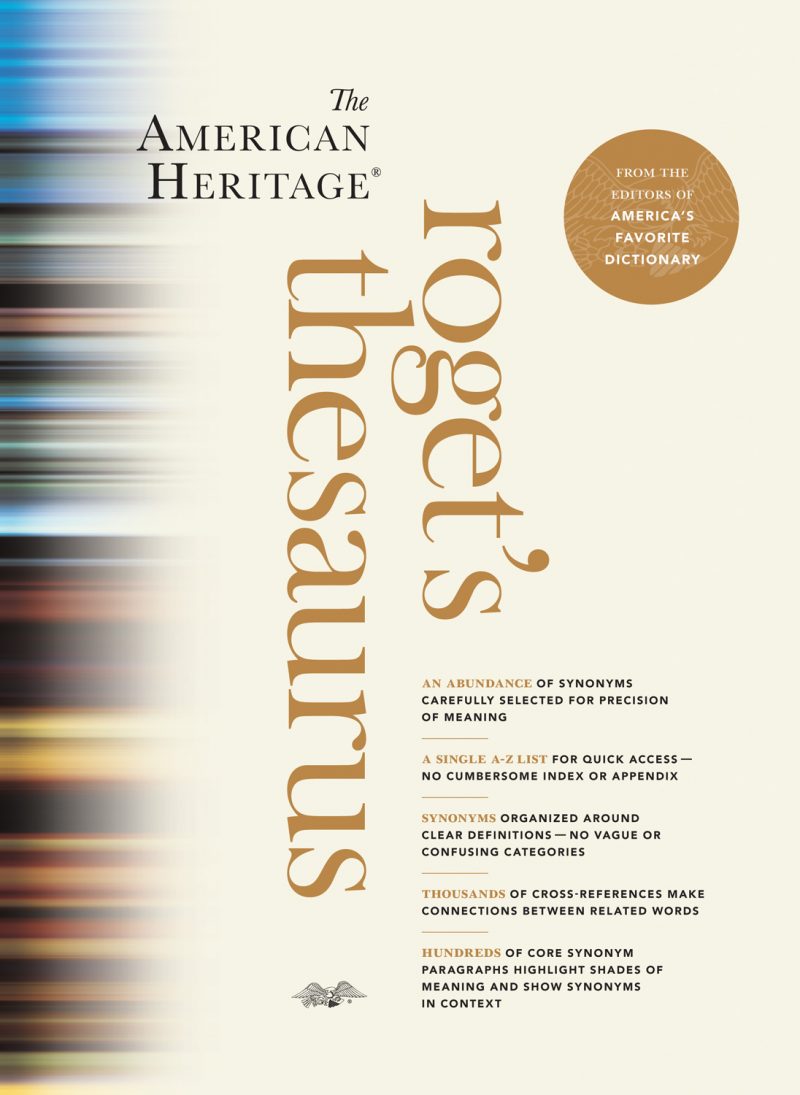Follow your weird, ladies and gentlemen. Forget trying to pass for normal…woo the muse of the odd. —Bruce Sterling
That’s Bruce Sterling addressing the Computer Game Developers Conference back in 1991.
Sterling is no late bloomer. At age 20 he published his first science fiction novel and co-founded the cyberpunk movement. (Blade Runner is a good example of the genre.)
But he illuminates a pattern I first noticed with Sharon Kay Penman.
Many late bloomers are driven, not just by a passion, but by a quirky obsession.
Penman, an attorney, became obsessed with Richard III decades before archaeologists exhumed his body from a Leicester parking lot. In her late-30s, Penman abandoned the law to write The Sunne in Splendor (perhaps my favorite historical novel).
Her meticulously-researched book proved that Shakespeare’s Richard III was political propaganda. (Essentially, the Tudors wanted to smear the Throne of England’s last true claimant.) How many former lawyers have the courage to take on The Bard?
Here are some other examples of late bloomers with unusual obsessions.
Peter Mark Roget was a physician who compulsively classified words to reduce anxiety after several personal tragedies. In his 70s, he retired from medicine and turned his calming habit into the writer’s best friend—Roget’s Thesaurus.
Mary Somerville found algebraic symbols so enthralling, she resolved to unlock their meaning. Her father threatened to put her in a straight-jacket. Apparently, 19th-century parents felt too much knowledge could drive girls crazy.
In her 50s, Mary translated Pierre-Simon Laplace’s Mechanism of the Heavens and annotated his findings. It launched her thirty-year career. In fact, the word “scientist” was coined for her, since “man of science” didn’t apply.
For over two decades, Bram Stoker managed the Victorian Era’s most famous actor, Henry Irving. Irving was a flamboyant narcissist who belittled his employee’s talents.
But he might have inspired Stoker’s horror masterpiece, Dracula, which Stoker published at age 50. Some think Dracula was Stoker’s revenge on his soul-sucking boss.
At age 74, David Seidler won an Academy Award for this original screenplay, The King’s Speech. What many people don’t know—Seidler overcame stuttering himself.
He first developed a stutter when he witnessed the Germans sink one of the three ships that brought his family to the U.S. The radio broadcasts of fellow stutterer King George IV gave him hope. He resolved to one day tell the King’s story.
We often hear that each person possesses a unique gift they were born to share. I believe that. But the gifts of late bloomers often come through hardship, which might explain why it takes late bloomers longer to manifest them.
But when they do, they can change the world!
Bruce Sterling has more to say about embracing your weird. Here is some of his best advice to inspire your New Year’s anti-resolutions:
- “You can get a hell of a lot done in a popular medium just by knocking off with the bullshit.”
- “Don’t become a well-rounded person. Well-rounded people are smooth and dull. Become a thoroughly spiky person. Grow spikes from every angle. Stick in their throats like a pufferfish.”
- “There are reasons why you’re here. Learn those reasons. Learn about the stuff that was buried because it was too experimental or embarrassing or inexplicable or uncomfortable or dangerous.”
Get weird. Get way weird. Get dangerously weird. Get sophisticatedly, thoroughly weird and don’t do it halfway, put every ounce of horsepower you have behind it. Have the artistic courage to recognize your own significance in culture!
Thank you, Bruce Sterling. So let’s forget about eschewing carbs, imbibing coffee with butter in it, and rising an hour earlier (yawn).
How about just following our weird into 2022?
Source
- Bruce Sterling: The Wonderful Power Of Storytelling.


